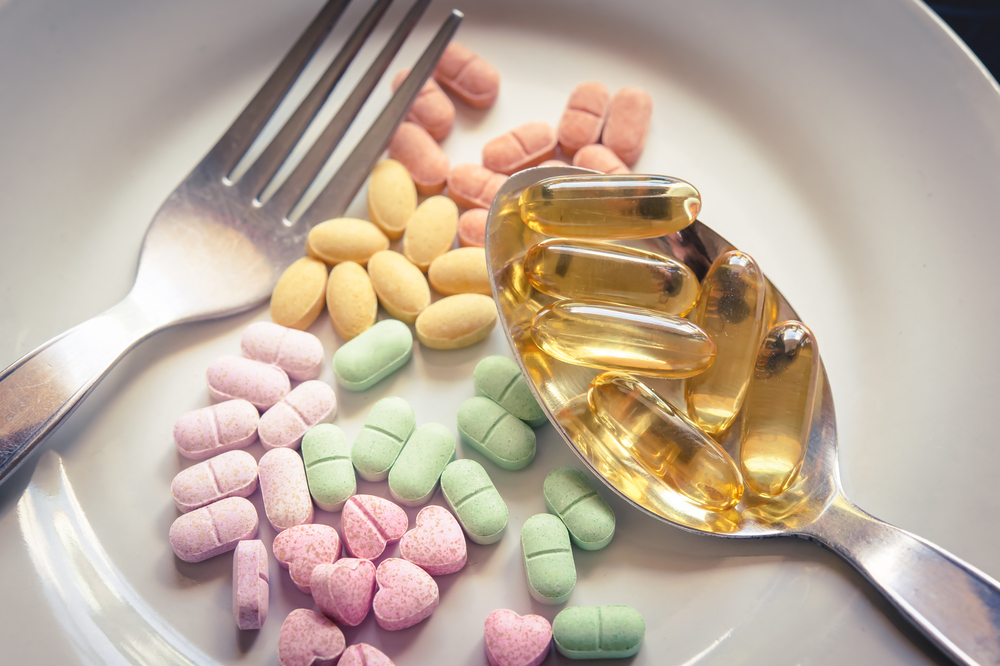Many people choose to take dietary supplements to achieve their goals, whether it is to fight fatigue, lower cholesterol or fight cancer. Some have even become adepts. But the important question is: are these food supplements not dangerous for your health?
Are all food supplements reliable?
Some food supplements that are supposed to be protected are falsified. This is particularly the case with certain slimming products, sports supplements and erectile stimulants. This was noted when certain professional associations lodged a complaint following the undesirable effects they had observed. An investigation was therefore carried out and the manufacturers had to review their manufacturing process and trace the origin of their suppliers' products. Following this, a procedure was made public and seems to be bearing fruit, as it is now safe to consume these supplements.
Are there any prohibited substances in slimming and erectile stimulants?
In 2012, it was found that out of 20 slimming and 70 erectile stimulating products that are sold as "100% natural", 70% were identified as adulterated because they contained unauthorised substances:
- the slimming products are composed of laxative considered carcinogenic and sibutramine and phenolphthalein which are also appetite suppressants also leading to cardiovascular complications.
- erectile stimulants also contain tadalafil, sildenafil and vardenafil which are molecules that are supposed to be drugs.
Is the "food matrix" effect lost with food supplements?
Without mentioning the extreme cases of falsification, it remains to be understood why the products contained in the food supplements consumed daily have deleterious effects. Simply because the individual components can become available too quickly and become deformed by a massive intake for the body, or lose their effect due to lack of synergy with other elements, or even change their function. This causes the loss of the food matrix.
Why do antioxidants become pro-oxidants?
There are molecules called "free radicals" in the body that are produced by the respiration of cells. When these molecules lack electrons, they become unstable. So to become stable, they take electrons from other substances. Antioxidants eliminate free radicals and thus become pro-oxidants. Like beta-carotene becomes pro-oxidant if its level is very high especially in smokers; and this can promote lung cancer.
How are food supplements controlled in France?
As far as the sale on the French market is concerned, there are three processes:
- If the food supplement complies with French legislation, it is just a matter of declaring them.
- And if the components are not authorised in Europe, a health assessment by experts from the French National Agency for Food, Environmental and Occupational Health Safety (Anses) will be necessary.
Also, in order to be able to display the labels indicating the nutrient content on the product packaging, an authorisation of the right to display given by the European Food Safety Authority (EFSA) is necessary before any marketing.
How is the monitoring of adverse reactions going?
Once food supplements are marketed, the Anses monitors adverse effects after consumption using a nutrivigilance system. The General Directorate for Competition, Consumption and Fraud Control (DGCCFR) also monitors producers and distributors.
How are food supplements tested and controlled?
Before being marketed, food supplements undergo tests like clinical trials for medicines. Some industries have carried out tests and analyses, as in the case of Citrage, which markets Citrulline. This is an amino acid found in the skin of watermelons. Experts have studied the effects on muscle restoration by testing it on malnourished rat models.
But it should be noted that even if food supplements do not turn into "MisterHyde", it is still necessary to be vigilant and to seek advice from health professionals.
Does the body really need food supplements?
To answer this question, you must first make the difference between a deficit and a deficiency. According to the nutritionist Jacques Fricker, a deficit results in a less than optimal state of health, whereas a deficiency results in obvious and serious clinical effects, which is very rare in France. So the need to take food supplements depends on the person's condition.
So it is advisable to always ask for a doctor's advice before taking any food supplements and also always warn if the person is already taking them.
It is also recommended by a nutrition expert to always inform and consult a doctor in case of adverse effects in order to report this to the nutrivigilance framework.
Should we be wary of food supplements sold on the internet?
In order to avoid problems, you should not buy products if their traceability is not possible. In the same way, you should not consume food supplements whose scientific studies give contradictory results.
Is it possible to see information about studies on food supplements?
If necessary, it is possible to consult the opinions of the Anses and the DGCCRF on the websites. The most scientifically experienced English speakers can also consult the PubMed database where all articles published in 5000 medical and biological journals since 1950 are summarised.
On the other hand, resources that list all the information with trade names and their effects concerning food supplements do not yet exist. As a result, all specialists advise that to be healthy, it is sufficient to eat a healthy and balanced diet, except for people who have objectives to reach such as sportsmen (creatine, etc. . )


